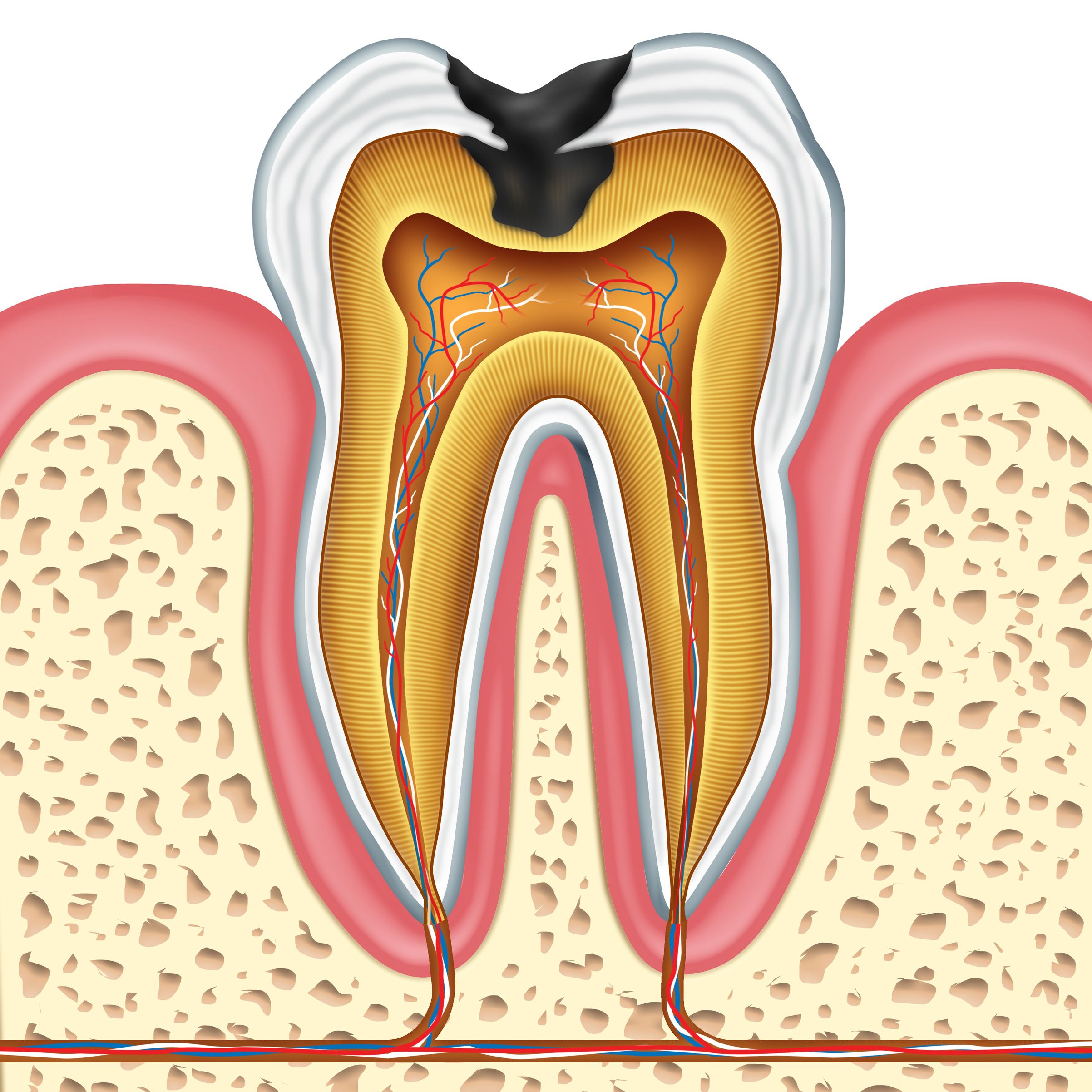Treatment for Cavities: What Are Your Options?
 Tooth decay is one of the most common causes of tooth loss. If detected early, however, it can be treated in a fairly simple and straightforward manner, saving you time, money, and worry in the future.
Tooth decay is one of the most common causes of tooth loss. If detected early, however, it can be treated in a fairly simple and straightforward manner, saving you time, money, and worry in the future.
Today, our team at the Cosmetic and Implant Dentistry Center in Los Algodones, Baja California explores treatment for cavities, including fillings, crowns, root canal therapy, and more. We also discuss how you can help prevent tooth decay from the start.
Dental Fillings
If a cavity is still fairly small, it can typically be repaired with a simple dental filling. In the past, fillings were made from a mixture of silver, zinc, tin, copper, and mercury. While effective, these restorations were quite noticeable.
Today, we use tooth-colored composite fillings, which are safer and more aesthetically pleasing.
Dental Crowns
For larger cavities or significant dental damage, a crown may be necessary. These natural-looking restorations are designed to fit snugly over the entire tooth structure for strength and reinforcement. Generally, a crown can be placed in just two office visits.
Inlays and Onlays
If a cavity is too large for a filling but not extensive enough to warrant a crown, an inlay or onlay may be recommended. These custom-made restorations can be crafted from various materials, including composite resin, ceramic, or zirconia.
An inlay sits between the cusps of the chewing surface, while an onlay covers a larger surface area.
Like crowns, inlays and onlays must be fabricated in a dental lab. Therefore, in most cases, these restorations can be placed in two appointments.
Root Canal Therapy
Sometimes decay is so deep that it breaches the pulp chamber. When bacteria invade this area, the only way to eliminate the infection is to perform root canal therapy.
During this process, the infection is eradicated and the nerves and blood vessels are removed from inside the tooth. The surfaces are then scrubbed clean and disinfected. Finally, the canals and chamber are filled, and the tooth is sealed.
In some cases, a dental crown is required to restore the bite. In most instances, root canal therapy is completed in two separate visits.
Tooth Extraction
We prefer to save teeth whenever possible. Even with all of the advanced tooth replacement options available today, there is still nothing quite as good as the natural thing. However, there are times when tooth extraction is necessary. If tooth decay or dental damage is too extensive to be predictably treated, removal will be recommended.
If you require an extraction, we can help you replace the tooth. Our doctors can discuss your options with you, including bridges and dental implants.
How to Prevent Cavities
Our team is experienced and knowledgeable in restorative treatments. Even so, we much prefer to prevent these issues from occurring in the first place. You can help avoid tooth decay by:
- Attending routing dental cleanings and examinations
- Receiving topical fluoride treatments
- Practicing good oral hygiene at home between visits
Contact Us to Learn More
Tooth decay can take a toll on your oral health, leading to more complex issues if left untreated. If you suspect a cavity, schedule a consultation at our practice. Contact us online or call us at (866) 223-6147.






